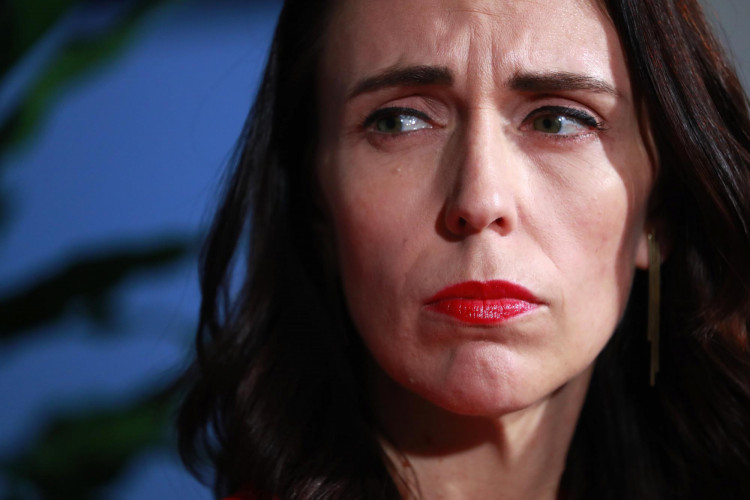New Zealand is set to carry out a new policy to counter an almost uncontrolled increase in real estate prices, making it difficult for younger and lower income people to buy property.
The government will eliminate tax incentives for investors to make speculation less lucrative and offer more land in a bid to increase housing units and prevent the formation of a "dangerous bubble," Prime Minister Jacinda Ardern said Tuesday in Wellington.
House prices have skyrocketed 23% in the last 12 months, way beyond the country's average wage growth and pushing younger and lower-income buyers out of the market.
"New Zealand's housing crisis is longstanding and will take time to turn around. There is no silver bullet ... but the need for further action is clear," The Guardian quoted Ardern as saying.
Ardern pledged to provide more support for first property buyers, with New Zealand's central bank currently evaluating proposed restrictions on some forms of lending.
Billions of dollars in government financial package and record low interest rates have further bloated the market, while property affordability has retreated to its lowest in almost two decades.
Real estate prices have risen twofold over the last 10 years and successive administrations in the country of 5 million have found it very difficult for years to find solutions.
The New Zealand dollar fell 0.3% on Tuesday, closing at $0.7136, and bond yields also dropped.
According to Ardern, real estate investors are now the largest share of buyers. Last year, 15,000 people, who already owned five or more houses, still bought more of the property.
"Housing bubbles are unstable by their very nature, and we can't afford to put the current economic recovery at risk by allowing property prices to spin out of control," New Zealand Finance Minister Grant Robertson said in remarks quoted by Guardian.






